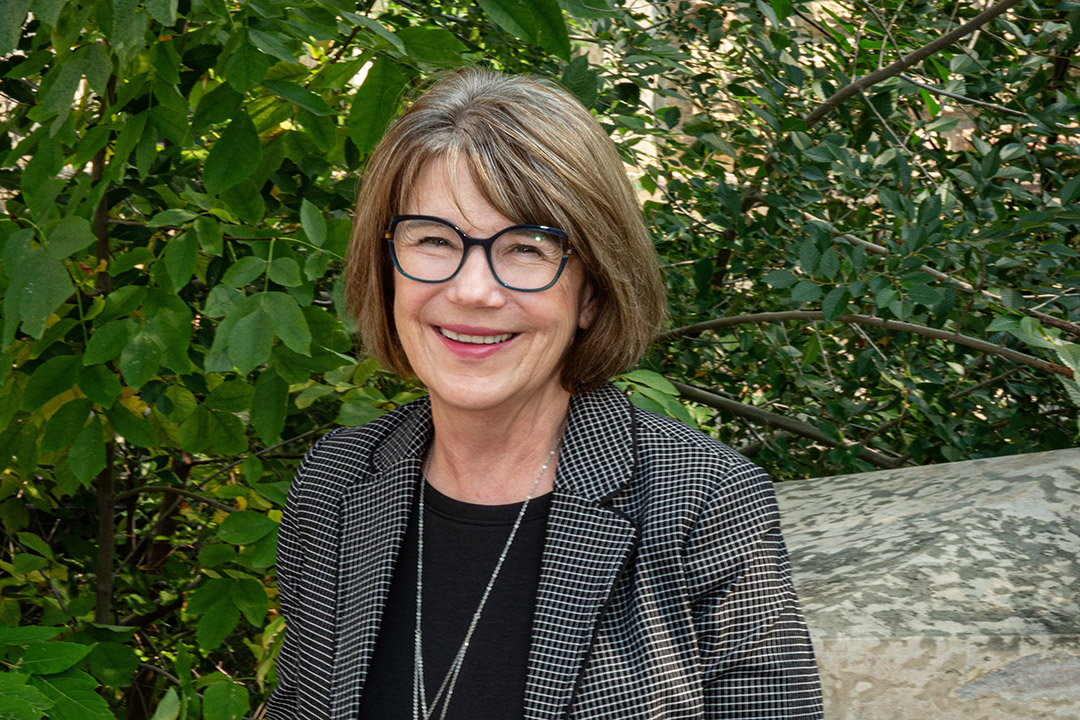
Getting to Know: Dr. Donna Goodridge
A Q-and-A with Dr. Donna Goodridge (PhD), a Saskatoon-based faculty member in the Division of Respirology, Critical Care and Sleep Medicine.
Could you provide a short description of your background?
My professional background is in nursing and I also have an undergraduate degree in psychology. I completed the baccalaureate and master’s programs in nursing at the University of Manitoba, as well as a 12-month postgraduate course in intensive care nursing from the Health Sciences Centre in Winnipeg. I worked in various clinical specialties, including emergency, intensive care, cardiovascular surgery, internal medicine, and geriatrics and completed a two-month surgical nursing program at Abbott-Northwestern Hospital in Minneapolis. I was fortunate enough to spend over thirteen years in palliative care, during which time I achieved Canadian certification in palliative care nursing. I undertook interdisciplinary doctoral studies in nursing and sociology at the University of Manitoba and joined the University of Saskatchewan in 2004.
What is your area of research?
My work is focused on health services improvement for chronically ill, aging, and palliative care populations. In the last few years, technology has figured prominently in both my data collection and intervention design approaches.
Could you tell us about the “big moments of research” for you?
Key moments in my research career including receiving New Investigator Awards from the Canadian Institutes of Health Research (CIHR) and the Saskatchewan Health Research Foundation (SHRF), which provided the building blocks for future grant applications. Knowledge mobilization opportunities such as media coverage of my work as well as the opportunity to engage with the public were “big moments.”
Do you have any messages for early-career clinicians on how to get involved in research? Or any messages for junior researchers?
Stay curious. Ongoing mentorship is pivotal and incredibly helpful at all stages of a research career, particularly at the beginning. Capitalizing on opportunities to observe and participate in grant and manuscript reviews can provide critically important perspectives on what you need to do to be successful and can help you avoid pitfalls that others have made in their applications. Maintaining and developing a robust and trusted network of potential research partners, locally, nationally and internationally requires time and effort, but is worth it.
What are your future aspirations for research?
My hope is to continue helping with the mentoring of newer researchers in my areas of expertise, include my graduate students. In addition, I would like to see the findings of our long COVID research translated into tangible benefits to patients and families.
